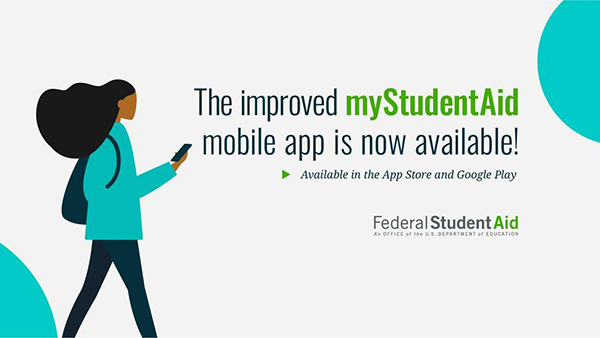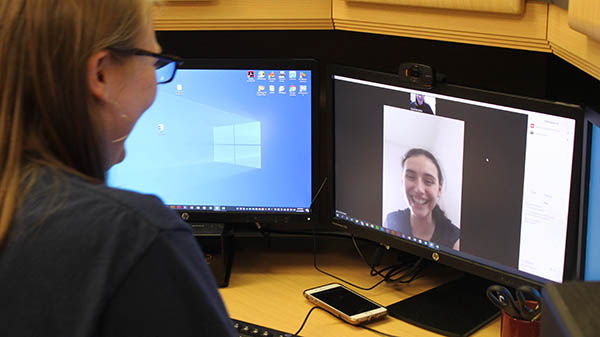Perhaps this is only supposed to happen in movies. But with a little help from Google and one click of a mouse, Sarah Reese found her life’s direction and eventually her husband.
The North American Mission Board (NAMB) can’t guarantee the same result for every college student, but NAMB can guarantee that checking out Generation Send (GenSend) can be life changing for college students and the cities they serve as summer missionaries.
The Louisville, Ky., native thought she had her life figured out. After high school missions trips to the Philippines and Guatemala, she became further engaged in city reaching back home during her senior year in high school in a Louisville community called Portland. The area is rough, Reese said, but through a Salvation Army Boys and Girls Club, she was able to minister by tutoring inner-city kids and doing Bible studies with the girls.
“I had been overseas,” Reese said, “but 25 minutes down the road from me people were broken.”
The tutoring pointed her toward education as a college major at Liberty University in Lynchburg, Va. During a church planting emphasis week there her plans began to change. She never saw herself in a “traditional” church ministry role.
Paraphrasing the words of Jesus, Reese said, “If I am the Cornerstone of the Church and the Church is the vessel that I want to accomplish My purpose with it would not make sense for you not to be a part of that.”
That’s when she pulled up Google.
Reese applied for a GenSend appointment through NAMB, which assigned her to Portland, Ore. GenSend is the student portion of NAMB’s Farm System, assisting churches in the discovery, development and deployment of everyday missionaries.
“I came to Portland (in summer 2013) and the Lord woke me up to the need for healthy bodies of believers to exist within America,” Reese said. “Coming from the South, it’s hard to fathom that within America there are places where healthy [church] bodies don’t exist.
“When you see the darkness and the idolatry and the lostness, the gospel is not planted like it needs to be planted,” she added.
Go, live and learn
Her assignment sounded relatively simple: go, live and learn how to do life in Oregon. The formula NAMB gave the team she joined also was simple. Identify the city, invest in relationships, invite people into your biblical community and increase through sustainable discipleship.
The objective was not so much to start a church in one summer as it was for the students to learn how to be a biblical community and to discover the foundations of church planting.
Reese said the city has a strong liberal socio-political bent. She often runs up against religious pluralism, which espouses multiple pathways to know God. Consequently she doesn’t find hostility toward the gospel. Mostly it’s apathy.
“Oh you’re a Christian,” people will say to Reese. “Good for you.”
That response represents what she calls a facade of tolerance.
“I had never been exposed to that where I was looking into the face of a real person who believes that [pluralism],” Reese said. “Going overseas did not prepare me for the culture shock I’d find within our own country.”
Spending the summer in Portland hooked Reese on urban church planting and she wanted other students to have the same experience. She became a NAMB GenSend Mobilizer. Her assignment was to recruit 10 students from her university to go back to Portland, 1 of 32 Send North America cities.
Reese returned to Portland for the summer of 2014 with a team. Three other teams also went to Portland. With 42 students on the ground, two teams focused on two areas of urban Portland: Saint Johns and The Pearl District. Neither is impoverished as some envision inner cities to be. Reese worked in the Pearl District, an area she describes as “super wealthy” with many young urban professionals. The student’s work was foundational for church planters who would eventually be coming to those areas.
“The Lord has convicted me that being part of church is what we’re called to do,” Reese said. But like most Millennials, she believes church can’t be the way it’s always been.
One of those differences is how Millennials view the Church as a whole. They see the Church as the body of Christ forming authentic biblical communities.
“The body of Christ is a very biblical term,” Reese said. “My devotion needs to be to His [Jesus’] bride, the Church. Church planting is how we bring the bride to places where she’s not.”
Denver is similar to Portland in many respects. But there is one major difference. Jonathan Hunt is there co-planting with a lead church planter through Send North America: Denver. Reese met Hunt during NAMB’s Send North America Conference in 2013. He was a Southern Baptist Theological Seminary student in Louisville and attended Highview Baptist Church, Louisville, as did Reese’s family coincidentally. But they didn’t know each other then. After they met at the conference the couple became engaged in the summer of 2014.
Women’s ministry
Reese changed her major at Liberty to women’s ministry and hopes to focus on developing girls and women as disciples. In a church planting context, that can lead to any number of development ministry avenues for women.
“Everyone needs the gospel,” Reese said. “The white, middle-class suburban church-going little girl needs the gospel just as much as the little girl on the streets of Pacux, Guatemala, who is starving.
“The gospel is the foremost need.”
(NAMB)






Share with others: